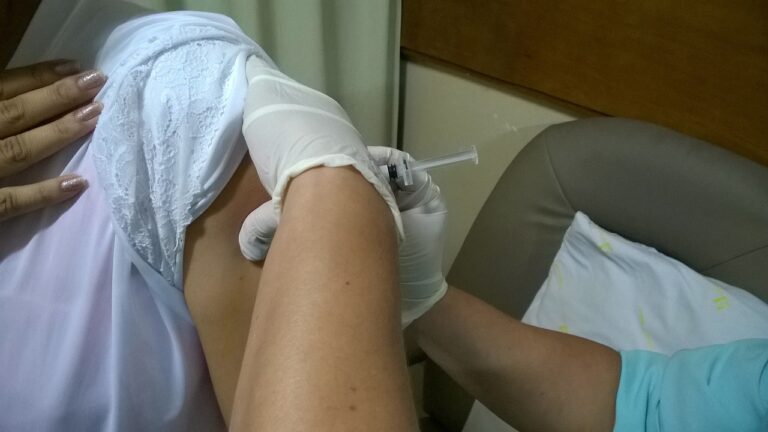Sexuality Education: Providing Accurate Information to Adolescents
all panel 777, lesar247, 99 exch: Sexuality Education: Providing Accurate Information to Adolescents
Sexuality education is a crucial component of a teenager’s development. As adolescents navigate through the complexities of their changing bodies and emotions, it is essential that they receive accurate information to make informed decisions about their sexual health and well-being. Unfortunately, many young people are not receiving comprehensive sexuality education in schools or from their parents, leading to gaps in knowledge that can have serious consequences.
In this blog post, we will explore the importance of providing accurate information to adolescents about sexuality education. We will discuss the benefits of comprehensive sexuality education, debunk common myths and misconceptions, and provide tips for parents and educators on how to approach this topic with teenagers.
The Benefits of Comprehensive Sexuality Education
Comprehensive sexuality education goes beyond the basics of reproductive health and biology. It encompasses a wide range of topics, including relationships, consent, gender identity, sexual orientation, and sexual health. By providing adolescents with accurate and age-appropriate information, they are better equipped to make healthy choices and navigate the complexities of relationships and sexuality.
Research has shown that comprehensive sexuality education can help reduce the rates of unplanned pregnancies, sexually transmitted infections, and sexual violence among adolescents. It also helps promote positive attitudes towards sexuality, body image, and relationships. By providing young people with the knowledge and skills they need to make informed decisions, we empower them to take control of their sexual health and well-being.
Common Myths and Misconceptions
Unfortunately, there are many myths and misconceptions surrounding sexuality education that can hinder efforts to provide accurate information to adolescents. One common myth is that teaching young people about sexuality will encourage them to engage in sexual behavior. However, research has shown that comprehensive sexuality education does not increase the likelihood of early sexual activity. In fact, it can delay the onset of sexual activity and reduce risky behaviors.
Another myth is that talking about sexuality with teenagers is inappropriate or taboo. In reality, open and honest communication about sexuality can help young people build healthy relationships, set boundaries, and make informed choices. By addressing these topics in a supportive and non-judgmental manner, we can create a safe space for adolescents to ask questions and seek guidance.
Tips for Parents and Educators
As parents and educators, it is essential to approach sexuality education with sensitivity and respect. Here are some tips for talking to teenagers about sexuality:
1. Start early: Begin the conversation about sexuality education when children are young, and continue to engage in age-appropriate discussions as they grow older.
2. Be open and honest: Use accurate language when discussing topics related to sexuality, and be prepared to answer questions in a direct and non-judgmental manner.
3. Respect boundaries: Allow teenagers to set their boundaries and express their opinions about sexuality education. Respect their privacy and autonomy.
4. Provide resources: Offer teenagers access to reliable sources of information, such as books, websites, and community organizations that specialize in sexuality education.
5. Seek support: If you are unsure how to approach the topic of sexuality education with teenagers, seek guidance from healthcare providers, educators, or counselors who have experience in this area.
By following these tips, parents and educators can create a supportive environment for adolescents to learn about sexuality in a safe and healthy way.
FAQs
Q: When should parents start talking to their children about sexuality education?
A: Parents should start discussing sexuality education with their children at a young age, using age-appropriate language and concepts.
Q: How can schools improve the delivery of sexuality education to adolescents?
A: Schools can improve the delivery of sexuality education by implementing comprehensive and evidence-based curriculum, training teachers on how to address these topics sensitively, and involving parents and community members in the process.
Q: Is it okay to talk to teenagers about contraception and safe sex practices?
A: Yes, it is essential to discuss contraception and safe sex practices with teenagers to help prevent unplanned pregnancies and sexually transmitted infections.
In conclusion, providing accurate information to adolescents about sexuality education is crucial for their health and well-being. By debunking myths and misconceptions, offering tips for parents and educators, and addressing common questions through this blog post, we hope to empower teenagers to make informed decisions about their sexual health and relationships. Let’s work together to support young people in their journey towards healthy sexuality and positive self-expression.







